Manu Buffara: “Simple things reconnect us with life.”
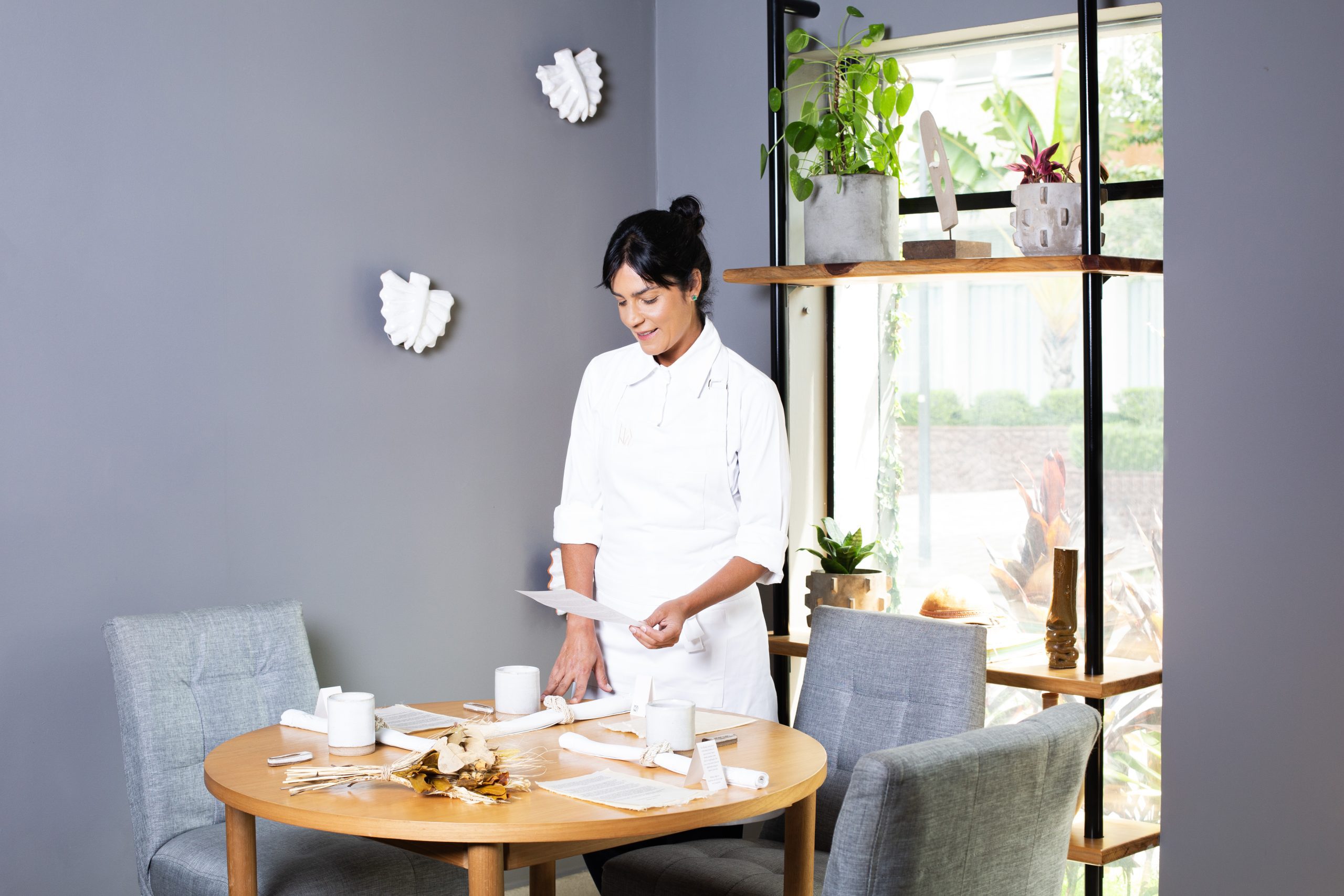
By Emma Robertson
Ms. Buffara, as a chef and restaurant owner, how important is it for you to stay connected with nature?
It’s extremely important. I grew up in the countryside; my maternal grandparents came from Lebanon to the southern coastal region of Brazil during World War I, so we really have this deep connection with the sea and with nature. On my father’s side, my family is also tied to agriculture, they’re fishermen, so we learned a lot from them as well.
Your family also owns a farm, right?
Yes, exactly. The farm is about 30 minutes from the city, and we used to spend weekends and holidays there, riding horses and helping out, connecting with the animals, walking barefoot… I remember we’d always go out in the morning to milk the cows; we’d bring our cups, add a bit of chocolate at the bottom, and the warm milk would melt it with a bit of foam on top. That’s something I still do with my children today. I believe these kinds of simple things reconnect us with life, with nature, and with the planet.
“It’s about understanding the ingredients and how the chef can transform them. That’s our job. It’s our job to create a sensory experience.”
Was that when you first realized your love for food?
Well, my entire childhood was really about that connection. Sitting at the table was something incredibly important for us, sharing and being together, making space for one another, talking about life, sharing our thoughts and, of course, our food. Everything happens around the table! So that’s something I learned from a very young age, along with some of the most important lessons I’ve ever learned about food: my grandfather always told us to put only what we intended to eat on our plates, to avoid wasting food. He taught us how to choose our ingredients, to know where our food comes from, to care for our produce, and to value what we put in our mouths.
And of course, those lessons about sustainability, togetherness, and the value of good ingredients also inform what you’re doing at Restaurante Manu. For example, your menu uses entirely local and seasonal ingredients as a celebration of your country.
Yes! I opened Manu 12 years ago and started working with and seeking out producers and ingredients that could help me understand the history of my state and of southern Brazil as a whole. I wanted to find truly great suppliers who could help me understand even the most basic ingredients, like honey or sugar, that we use in the restaurant. I believe my entire menu is really a message I want to share with the guest.
Is there a particular dish that exemplifies that message?
One dish in particular comes at the end of our Metamorphose tasting menu — it’s a simple carrot dish, and it’s usually the one that gets the most praise! Something we want to convey to people is: don’t turn your nose up at vegetarian food, it can be just as good as lamb or fish dishes. It’s about understanding the ingredients and how the chef can transform them. That’s our job. It’s our role to create a sensory experience. Something I always say is: we don’t need to kill the ingredient twice! The carrot is already dead, so we aim to use the best technique, the best sauce, and pair it with other incredible ingredients.
Apparently, when you were starting out, people thought you were crazy for taking everyday ingredients like carrots and turning them into fine dining dishes.
Of course, the first five years were a bit difficult. I remember we served this signature dish of cauliflower with passion fruit… and people would say, “Oh, it’s just cauliflower, you can buy that at the supermarket.” But soon they realized, okay, yes, it’s cauliflower, but we transformed that simple ingredient into one of the best things they’d ever eaten. When you use luxury ingredients like foie gras, truffles, or caviar, you can pair them with a simple pasta and it’s going to be incredible, of course. But to take a cauliflower and transform it? That takes a chef’s mind, a chef’s technique. So maybe it took some time for people to understand the message I was trying to share about using local and seasonal ingredients, but it’s something I’m truly passionate about, something I want to leave for the new world, for my children, for the future.
- Rubens kato
- Rubens kato
- Rubens kato
- Rubens kato
Compartilhe nas Redes Sociais
Read more
© 2026 All rights reserved.
Developed by Visuality

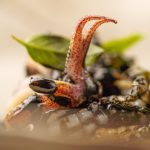
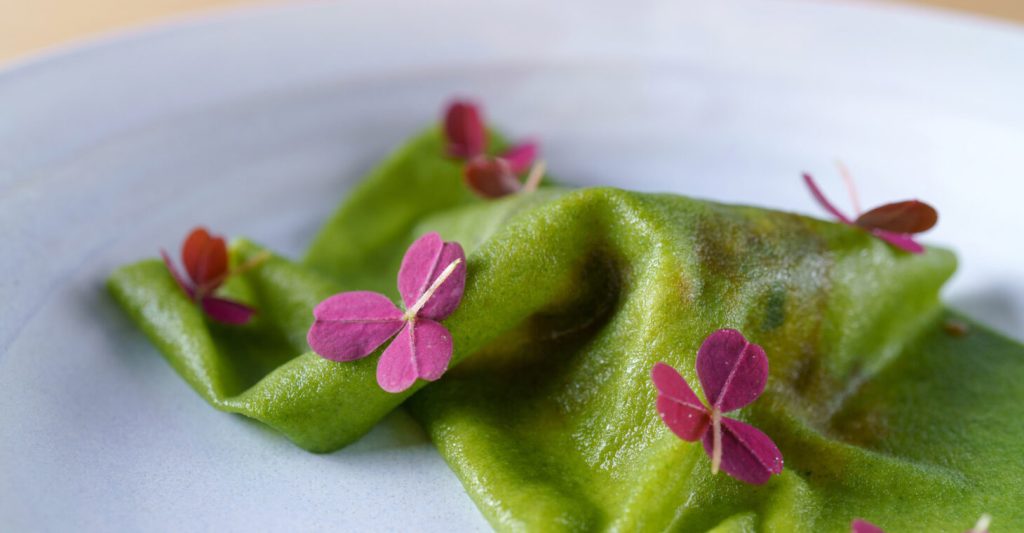
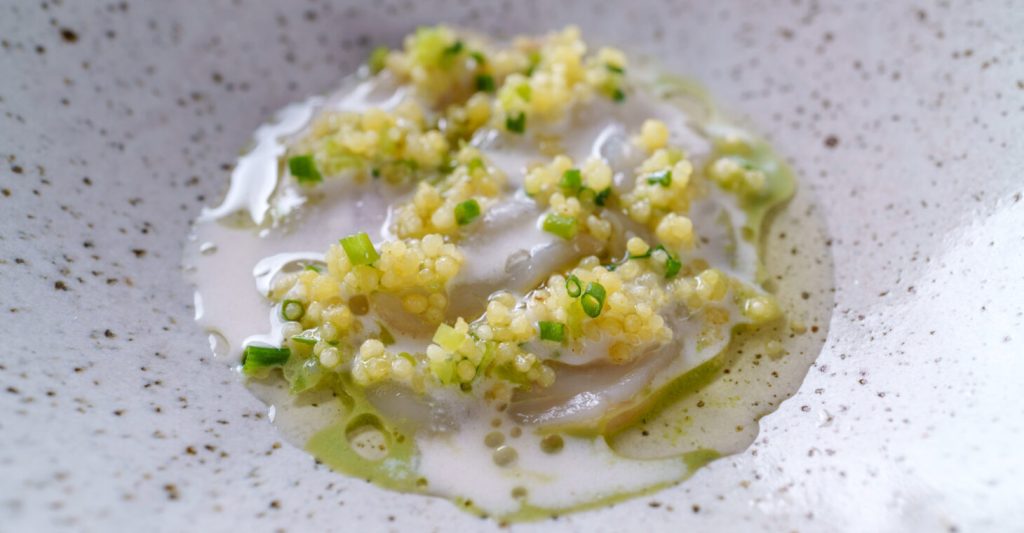
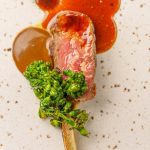
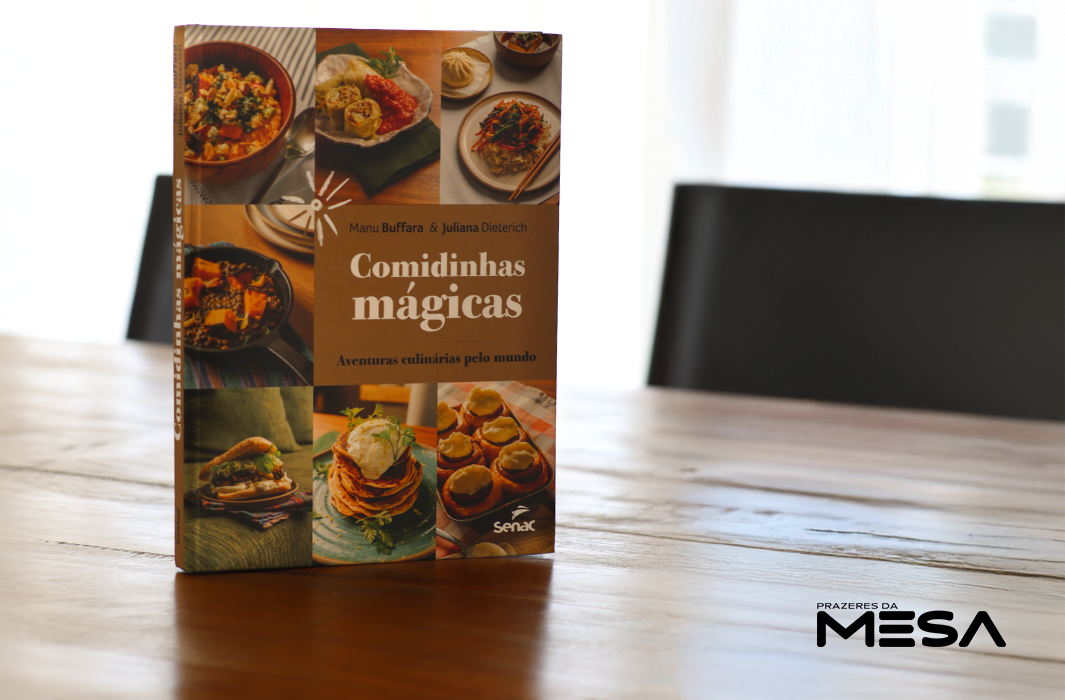
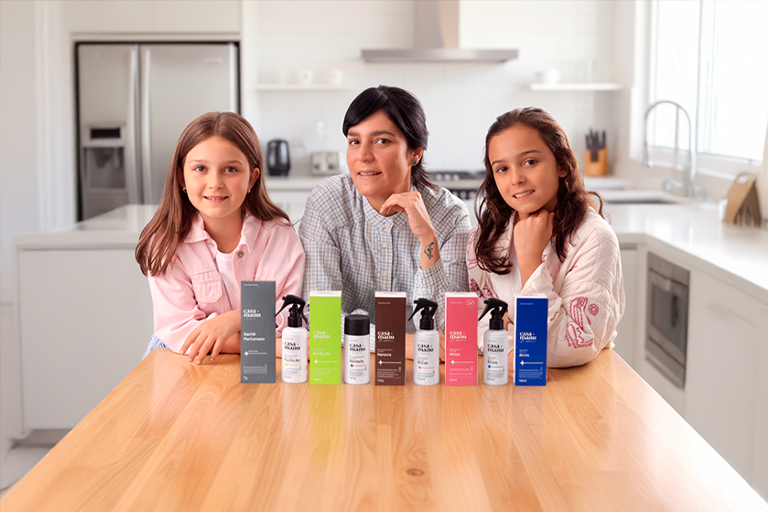
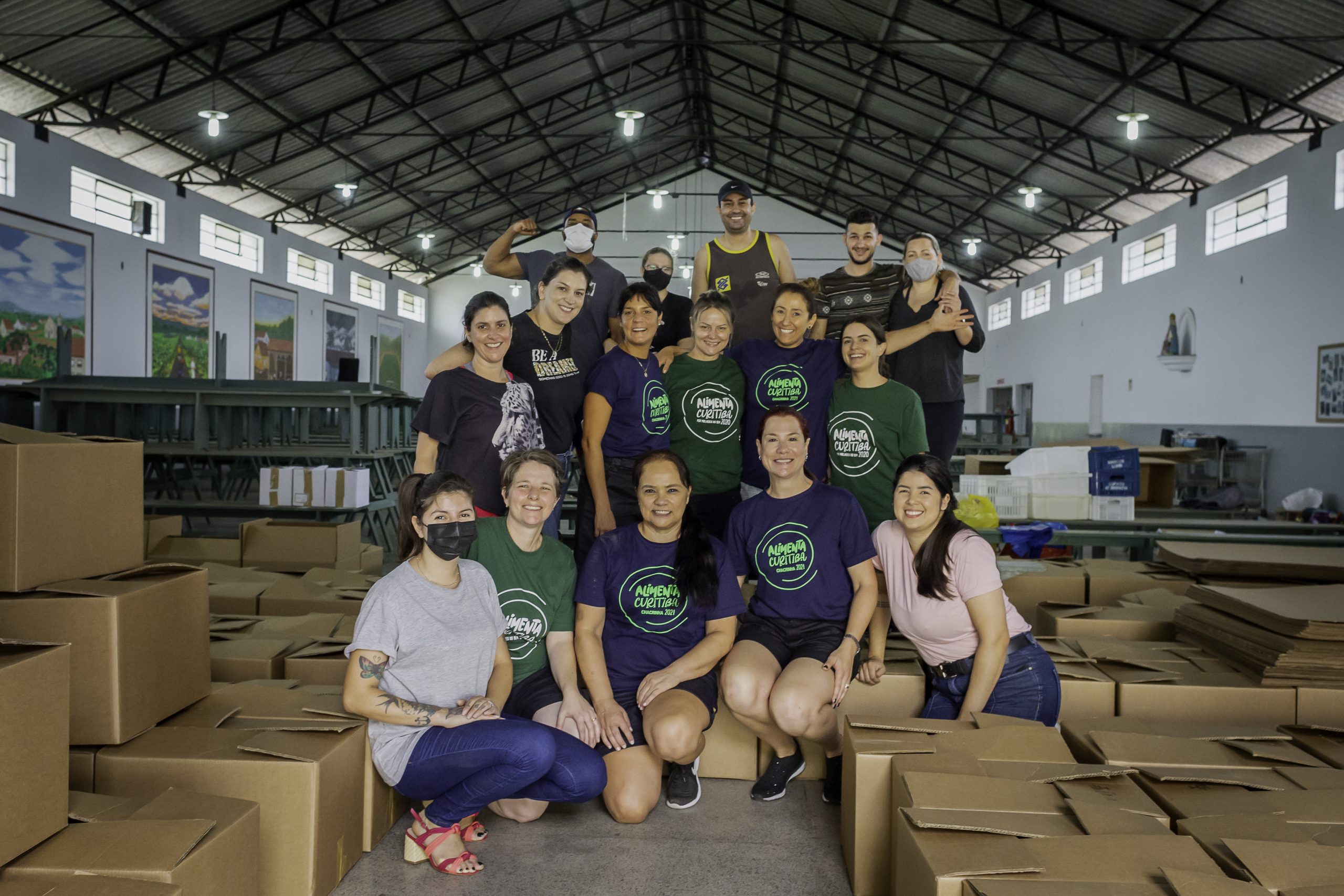
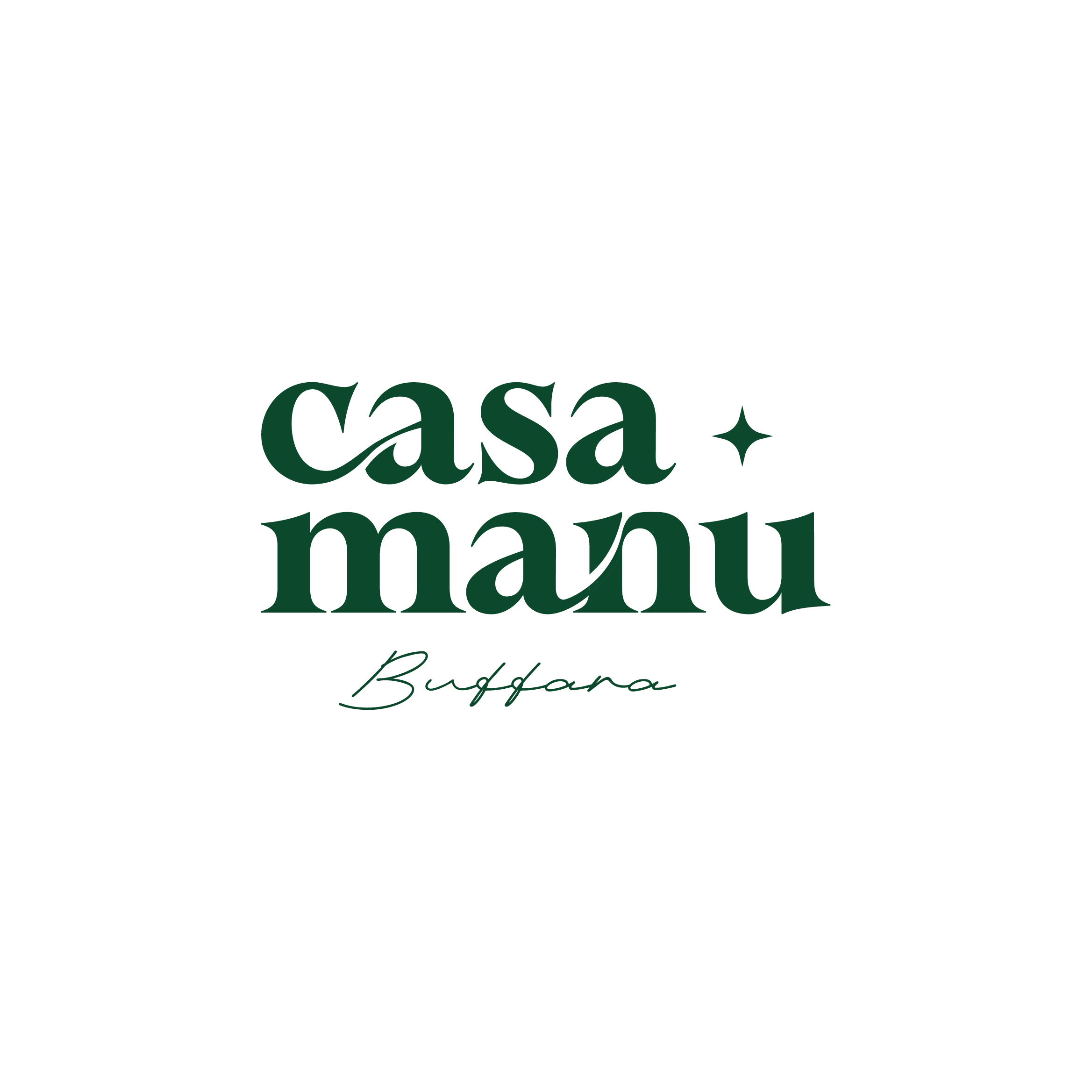




Cooking is more than feeding, it’s about creating memories that last